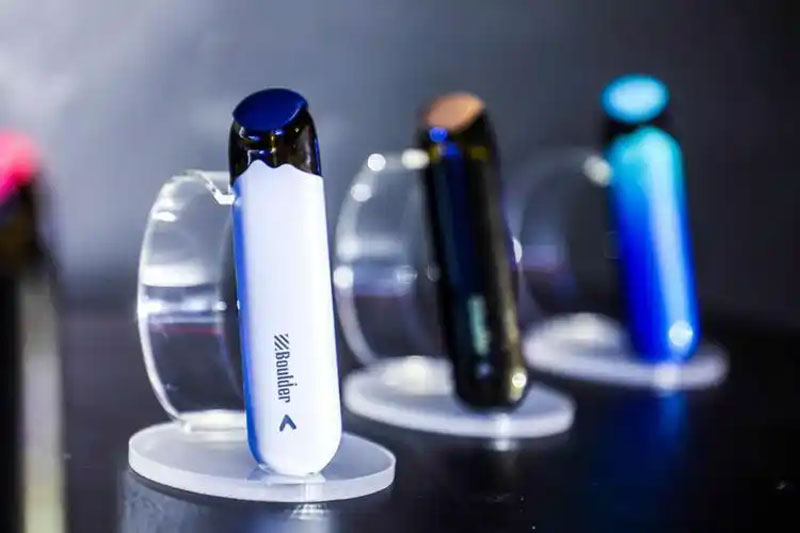
Comprehensive Overview of Malaysia’s E-Cigarette Import Regulations in 2023
Navigating the intricacies of Malaysia’s e-cigarette import regulations can be challenging, especially with the numerous updates in recent years. As the global vaping industry grows, Malaysia has implemented strict measures to control the importation and distribution of e-cigarettes and related products. Understanding these rules is crucial for businesses looking to enter the Malaysian market legally and efficiently.

Historical Context of E-Cigarette Regulations
The e-cigarette industry has undergone significant changes in Malaysia, reflecting global trends. Initially, there were fewer constraints on imports, but as concerns over health implications emerged, regulators imposed stricter controls. This evolution aims to curb underage vaping and ensure product safety.
Current Regulatory Framework
Malaysia’s regulatory framework concerning e-cigarettes prioritizes consumer safety and public health. Key regulatory measures include:
- Mandatory registration of all e-cigarette products before being imported into the country.
- Compliance with safety standards as stipulated by the Malaysian Ministry of Health.
- Restrictions on advertising and promotion, particularly aimed at preventing youth exposure.
Permits and Licensing
Importing e-cigarettes into Malaysia necessitates obtaining specific permits and licenses. Businesses must apply for a license from relevant authorities, ensuring they meet the legal requirements. It is advised to consult local legal experts to facilitate smoother licensing processes.
Labeling and Packaging Requirements
The Malaysian government mandates clear labeling on e-cigarette packaging, emphasizing the health risks associated with vaping. Product packaging must display health warnings and comply with packaging guidelines to prevent misleading information.
Potential Challenges for Importers
Despite the promising market potential, importers face challenges such as bureaucratic delays, stringent product testing, and fluctuating regulatory updates. Staying informed about policy changes is imperative to avoid legal complications.
Marketing and Sales Restrictions
Marketing restrictions are stringent, particularly concerning online sales. The government’s advertising guidelines are designed to prevent appealing to minors, with substantial penalties for non-compliance.
Future Outlook
Experts predict further tightening of regulations regarding e-cigarette imports as Malaysia continues to align its policies with global health standards. Importers should anticipate more rigorous testing and certification processes in the future.
FAQs on Malaysia’s E-Cigarette Import Regulations
- What are the consequences of non-compliance?
Importers who fail to comply with regulations can face fines, product confiscation, and even revocation of import licenses. - Are there any exemptions for small-scale importers?

No, all importers, irrespective of scale, must adhere to the same regulations, ensuring consistency in product safety and consumer protection. - How frequently are these regulations updated?
Regulations are reviewed periodically, often in response to emerging health data or international policy changes.

By comprehending Malaysia’s e-cigarette import regulations, businesses can navigate the complexities with greater ease, ensuring compliance while tapping into the growing market demand.